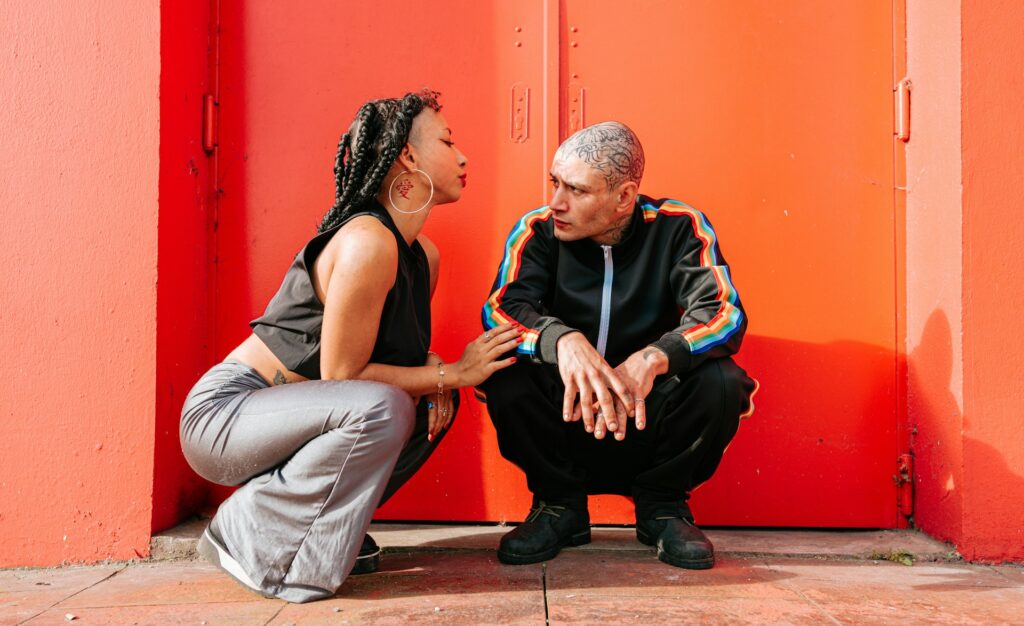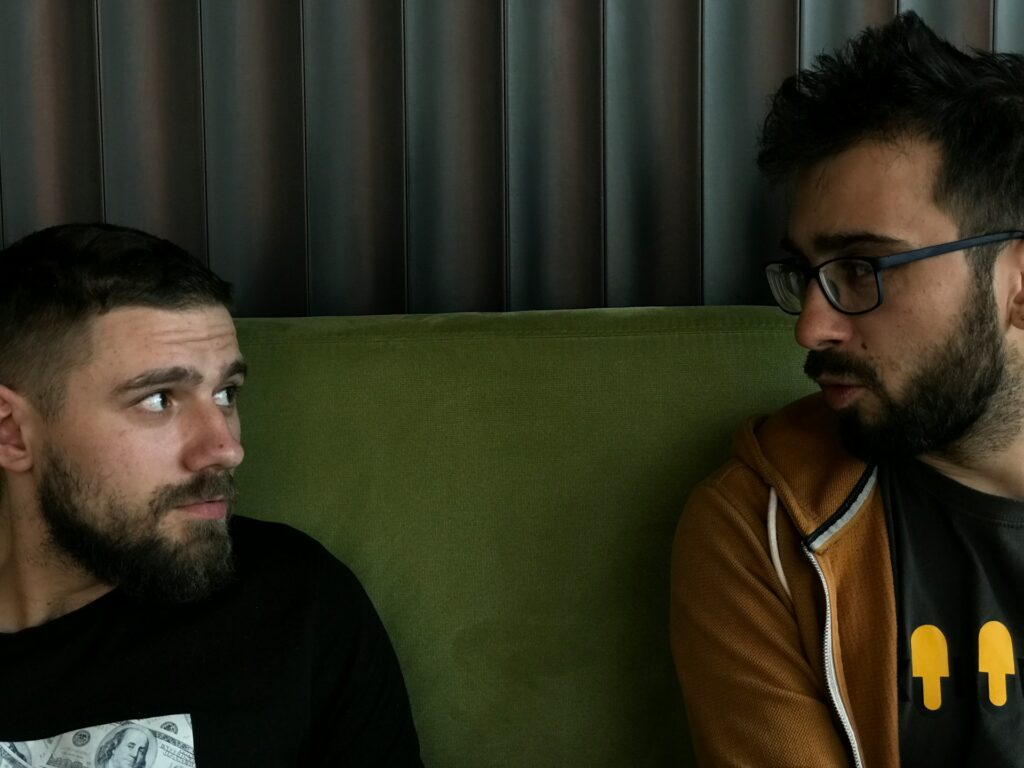People often say that sharing your experiences is what helps you heal, and while there’s truth in that, it’s not the full picture.

Opening up about what you’ve been through can powerful—but the how, when, and who matter more than we realise. Sometimes telling your story too soon or in the wrong space can leave you feeling exposed instead of lighter. Other times, saying it out loud for the first time can feel like breathing again. Here are some things that genuinely make a difference when it comes to whether sharing your story actually helps you heal.
1. Feeling emotionally ready (not pushed into it)

Healing doesn’t happen on anyone else’s timeline. If you share your story because someone expects you to, rather than because you feel ready, it can leave you feeling raw and even more disconnected from yourself. The biggest breakthroughs often come when you’re finally ready, not when you’re forced. Readiness looks different for everyone. For some, it’s quiet clarity. For others, it’s just not feeling afraid to say the words out loud anymore.
2. Having someone who truly listens

Telling your story isn’t healing if the person on the other end is distracted, dismissive, or trying to jump in with their own experiences. A good listener isn’t there to fix you; they’re there just to hold space without judgement. When someone really listens, it helps you hear yourself more clearly, too. It turns your story from a tangled memory into something coherent and real. That’s where healing starts to take shape.
3. Not having to tell everything all at once

You don’t have to spill your whole life story in one go for it to be valid. Healing through storytelling often happens in layers—a little at a time, when it feels safe. Giving yourself permission to start small—one memory, one moment—can help build the confidence to go deeper when you’re ready. There’s no rule that says you have to share everything to heal.
4. Feeling like your story still belongs to you

It’s important to remember that your story is yours. Once you start sharing it, especially publicly, it can feel like other people have a say in how it’s told or interpreted. However, healing comes from staying connected to your own truth. You get to decide which parts to share, how you tell it, and who hears it. That sense of ownership helps protect your inner stability.
5. Talking about what you felt, not just what happened

A lot of people can list the facts of their past without ever touching the emotions that came with them. However, real healing often happens when you finally put words to how it felt, not just what went on. Letting yourself feel the anger, sadness, confusion, or loneliness you buried at the time gives those parts of your story space to move and soften. That’s what helps transform it from a wound into a scar.
6. Not expecting the story to fix everything

Sometimes people expect that telling their story will feel like a clean break, like the pain will disappear once it’s out. But healing rarely happens all in one conversation. It’s a process, not a magic switch. What telling your story can do is create a sense of release. It makes space inside you. It helps you stop carrying the weight alone. However, the healing itself still takes time, and that’s okay.
7. Having your pain validated, not questioned

Nothing slows down healing like having someone poke holes in your story or suggest that it “wasn’t that bad.” You’re not sharing to be debated; you’re sharing to be heard and understood. Validation doesn’t mean someone agrees with every detail. It just means they believe you, respect your experience, and understand that your feelings are real. That’s what creates safety for healing to happen.
8. Being able to tell your story without shame

If the only way you’ve ever talked about your past is by making jokes, downplaying it, or apologising for it, you’ve probably never felt safe enough to share it honestly. That’s not a failure; it’s self-protection. Healing comes when you no longer feel like you have to hide your truth or make it more palatable for other people. You’re not being dramatic, you’re being real—and that’s where shame starts to loosen its grip.
9. Rewriting your story with new meaning

At some point, healing means going beyond just telling your story; it means seeing it differently. You stop defining yourself by the worst moments and start finding strength in how you survived them. That doesn’t mean pretending the bad stuff didn’t hurt. It just means recognising that you’re more than what happened. You get to be the one who adds meaning and direction to the story, not just the person who lived through it.
10. Knowing that healing doesn’t require an audience

It’s easy to think you need to be vulnerable online or spill everything in front of other people to heal, but that’s not true. Sometimes telling your story privately, in a journal or to one trusted person, is all you need. The point isn’t how many people hear it. It’s how true it feels to you. If sharing brings you relief, insight, or peace, even just a little, then it’s doing something. That’s where healing begins.


